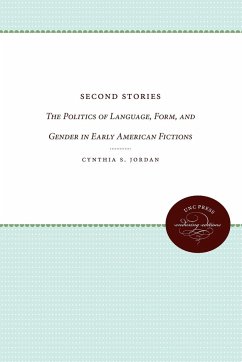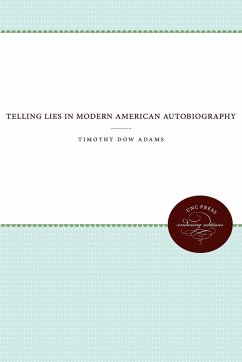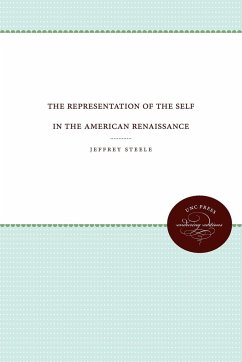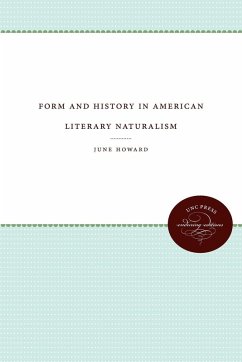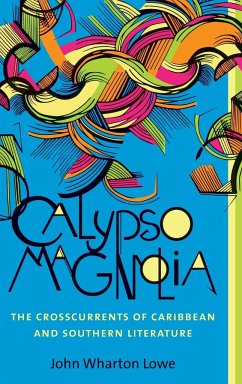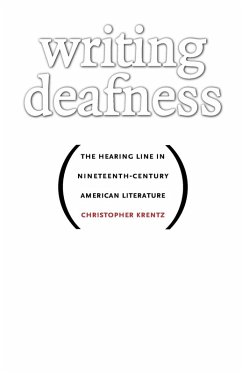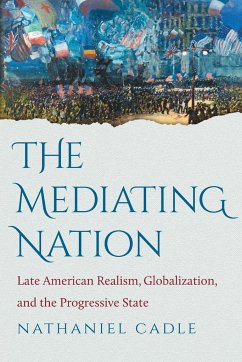Second Stories offers an innovative reexamination of selected texts by major figures in American literature: Benjamin Franklin, Hugh Henry Brackenridge, and Charles Brockden Bown from the early national period, and James Fenimore Cooper, Edgar Alan Poe, Nathaniel Hawthorne, and Herman Melville from the romantic period. Combining close reading with a powerful ideological argument, Cynthia Jordan demonstrates that a concern with the patriarchal politics of language informs both the thematic content and the overall shape of much of the fiction of these writers. The issue of gender, Jordan shows, is central to these authors' works, and her study deftly reveals the gender-related value judgments that their language implies. Jordan begins by arguing that the American Revolution ushered in a new type of patriarchy founded on the communally sanctioned authority of a white male elite educated to provide political guidance and guardianship. In their narrative fictions, Franklin, Brackenridge, and Brown promoted the new patriarchal social order by writing in the language of fathers and father figures. As Jordan shows, however, in each author's work the surface narrative becomes increasingly threatened by a second story, introduced to give validity to but also challenging the paternalisit worldview embraced by the first story and offering a commpelling alternative to it. Rejecting the patriachal language and repressive model of masculinity bequeathed to them by their predecessors, Cooper, Poe, Hawthorne, and Melville validated the second story of American culture, while often disguising it beneath a conventional fiction. This second story is most frequently presented as the story of a woman or women representing both the sociopolitically oppressed "other" in American society and those aspects of human nature devalued by the male consciousness. Through this new story, the romantics present an alternative to what they view as patriarchy's ethically depleted language and a corrective to the false, androcentric versions of history which, they believe, to have malformed society and individual lives. Within the works treated there --- among them The Last of the Mohicans, The Scarlet Letter, and Pierre -- any male character's willingness to recover this story signifies his psychic liberation and moral growth. Based on extensive reading in the most recent literary criticism, Second Stories examines important and previously unstudied thematic and formal connections between works of first generation of American authors and those who followed them in the early 19th century. Through her perspective exploration of language and gender issues in these works, Jordan makes apparent the deeply ideological nature of much of the nation's early literature. Originally published in 1989. A UNC Press Enduring Edition -- UNC Press Enduring Editions use the latest in digital technology to make available again books from our distinguished backlist that were previously out of print. These editions are published unaltered from the original, and are presented in affordable paperback formats, bringing readers both historical and cultural value.
Hinweis: Dieser Artikel kann nur an eine deutsche Lieferadresse ausgeliefert werden.
Hinweis: Dieser Artikel kann nur an eine deutsche Lieferadresse ausgeliefert werden.

